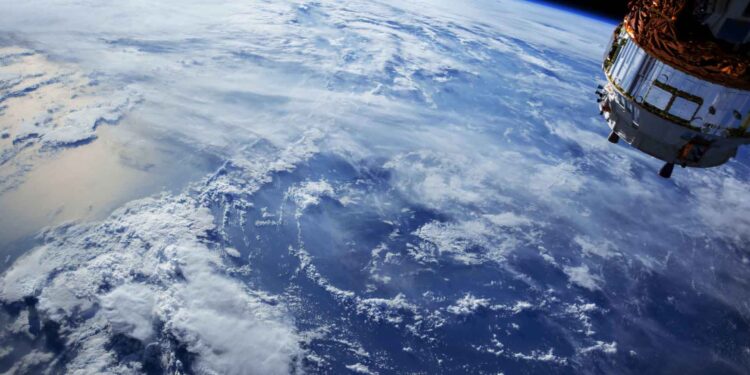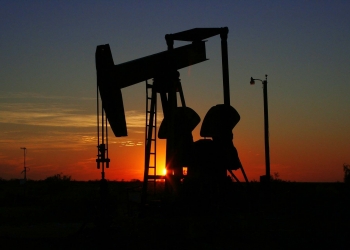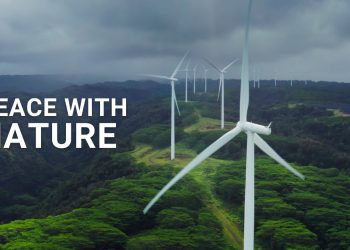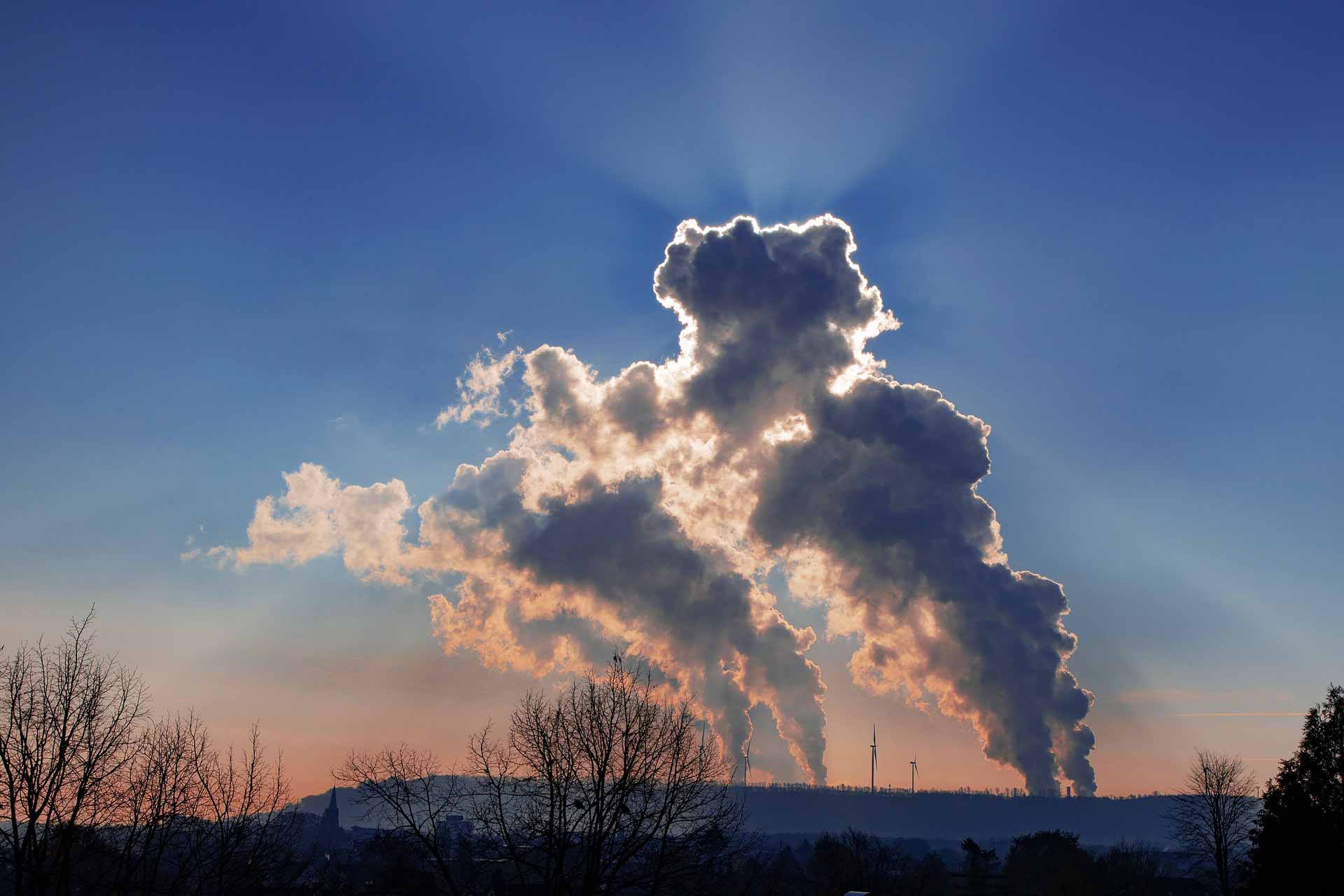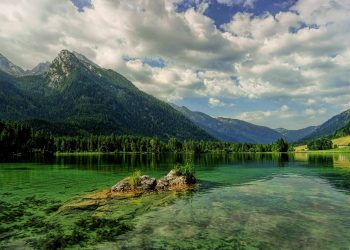Copernicus is an EU programme providing citizens with new public services to improve climate policy, protect and sustain our environment. Copernicus with new public services improve the understanding of our planet and give new impetus to the economy. Therefore the Copernicus data policy promotes the access, use and sharing on a full, free and open basis.
Europe will not achieve its 2030 goals without urgent action during the next 10 years to address the alarming rate of biodiversity loss, increasing impacts of climate change and the over consumption of natural resources. The European Environment Agency’s (EEA) latest ‘State of the Environment’ report states that Europe faces environmental challenges of unprecedented scale and urgency.
European Environment Agency (EEA)
The European Environment Agency (EEA) is an agency of the European Union established in 1990 and located in Copenhagen. EEA’s main task is to provide sound, independent information on the environment and act as a major information source for those involved in developing, adopting, implementing and evaluating environmental policy, and also the general public.
Supported by the European Environment Information and Observation Network (Eionet), around 350 organizations across Europe through which environmental-related data and information are collected and disseminated, the Agency itself has 32 member countries. EEA’s mandate is to help the European Community and member and cooperating countries make informed decisions on improving the environment, integrating environmental considerations into economic policies and moving towards sustainability. EEA also coordinates Eionet.
State and outlook of environment in Europe
EEA helps achieve significant and measurable improvements in Europe’s environment and supports sustainable development, particularly by regularly producing the State and Outlook of Environment in Europe report. In December 2019, the EEA presented its European Environment — State and Outlook 2020 (SOER) report, which detailed the unprecedented scale and urgency of Europe’s current environmental, climate and sustainability challenges.
Europe will not achieve its 2030 goals without urgent action during the next 10 years to address the alarming rate of biodiversity loss, increasing impacts of climate change and the overconsumption of natural resources.
Many persistent challenges rooted in the past are coupled and amplified by emerging and systemic issues, associated with uncertainty, ambiguity, and conflicts of interests. The European environment – state and outlook 2020 is published by the EEA every five years as mandated in its regulation. SOER 2020 is the 6th SOER published by the EEA since 1995. It offers solid, science-based insights on how we must respond to the huge and complex challenges we face, such as climate change, biodiversity loss and air and water pollution.
SOER 2020 comes in close collaboration with the EEA’s European Environment Information and Observation Network (Eionet). The report draws on the Eionet’s vast expertise of leading experts and scientists in the environmental field, across the EEA’s 33 member countries and six cooperating countries.
Horizon Europe is the path of innovation and research
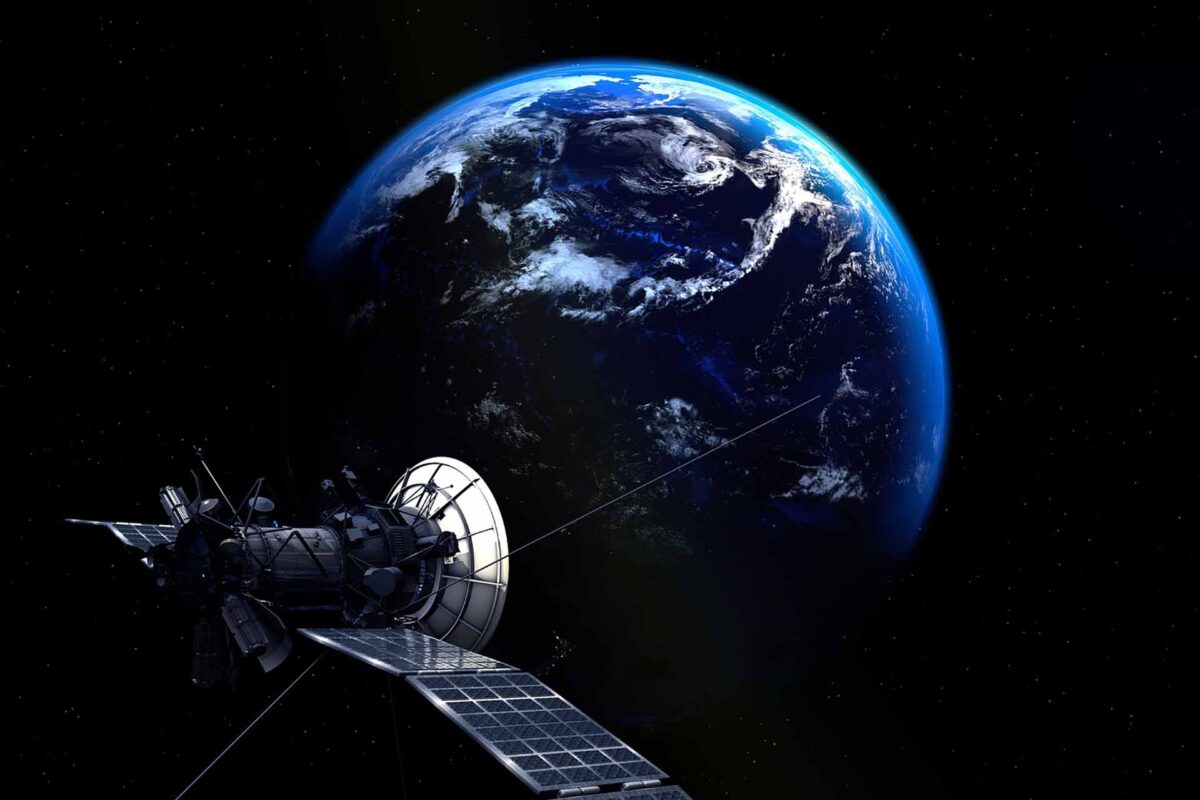
Copernicus & European Green Deal
The European Green Deal (EGD) adopted by the European Commission in December 2019, is the European Union’s response to these systemic challenges. It provides a framework for ambitious actions and measures to position Europe firmly onto a path towards sustainability, demonstrating that sustainability and prosperity can be achieved together.
The European Green Deal acknowledges EEA’s work in highlighting the extent and urgency of the challenges and sets out a roadmap of around 50 key policies and measures needed to address them.
Amongst the measures proposed, the EGD also suggested the adoption of a General Union Environment Action Programme to 2030 (8th EAP) to help ensure the implementation, enforcement and effective delivery of environmental and climate policies and legislation and also introduced a new monitoring mechanism. EEA and Eionet will play a key role in supporting these actions under the EGD and in the implementation of the 8th EAP.
The new EEA-Eionet Strategy: 2021–2030
The new EEA-Eionet Strategy 2021–2030 highlights the role of data and understanding data in the pivotal decade to come. It sets out how EEA and Eionet will work together with other knowledge providers at the European level and within Eionet countries in support of Europe’s environment and climate ambitions.
The European Commission’s proposal for an 8th EAP presents enabling conditions to achieve the programme’s priority objectives.
Among these enabling conditions is a requirement for “harnessing the potential of digital and data technologies to support environment policy while minimizing their environmental footprint”.
Specifically, EEA supports the Commission in improving the availability and relevance of data and knowledge. Among others EEA is “integrating data on environmental, social and economic impacts, and exploiting fully other available data, such as those delivered by Copernicus”.
The Copernicus Programme
The Copernicus Programme established by a European Union (EU) regulation in 2014 . It supports EU environment and climate policies by developing information services based on satellite and in situ data. This includes the Copernicus Marine Environment Monitoring Service (CMEMS), the Copernicus Land Monitoring Services (CLMS), the Copernicus Climate Change Service (C3S), the Copernicus Atmosphere monitoring service (CAMS), and for specific cases, the Copernicus Emergency Management service (CEMS).
The same regulation established a formal EEA commitment. It is re-confirmed by the EU space programme and a new regulation for 2021–2027. It defines a new EEA contribution agreement with the European Commission to implement a land monitoring service and coordinate the Copernicus in situ component. EEA also continues to build on the other above-mentioned services for developing e.g. an air quality index, indicators for monitoring terrestrial and marine ecosystems, an operating climate adapt platform and many other use cases.
While the implementation of Copernicus services has advanced enormously, it has become increasingly urgent to support the users and uptake of Copernicus services and their data sets.
User uptake of Copernicus services by EEA and Eionet is as explicitly mentioned in the EEA-Eionet Strategy 2021–2030. The new EU space regulation also calls for a combined use of different Copernicus services which will require cooperation and coordination among EEA-Eionet actors that relate to Copernicus. New policy initiatives set up through the European Green Deal include new requests for land-related information in the domains of biodiversity and ecosystems, climate change mitigation and adaptation, as well as zero-pollution ambition and relevant aspects of the circular economy (e.g. a sustainably built environment).
Sustainable Development Goals (SDGs)
At a global level, land degradation is a part of the Sustainable Development goals (SDGs). SDG target 15.3 on land use information underpins several other goals, such as SDG 11 on sustainable cities and communities. The link between EGD priorities and CLMS outputs is in the 8th EAP.
EEA is currently setting up a policy relevant information platform that provides user-friendly and transparent access tools for retrieving data and information based on Copernicus Land Monitoring Services products.
The new EEA-Eionet Strategy 2021–2030 highlights knowledge backed by data comprised of assessments, indicators, and progress to target assessments, built on the largest regular collection of data in Europe on environment and climate topics. One of the strategic objectives foresees making full use of the potential of data, technology and digitalization to embrace new technologies, big data, artificial intelligence and Earth observation (Copernicus) to support decision-making.

